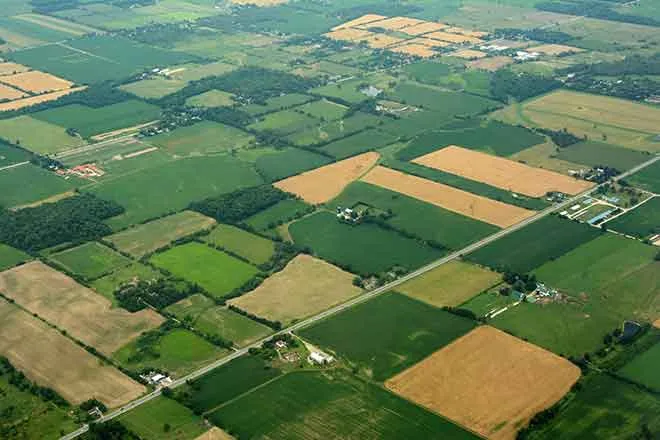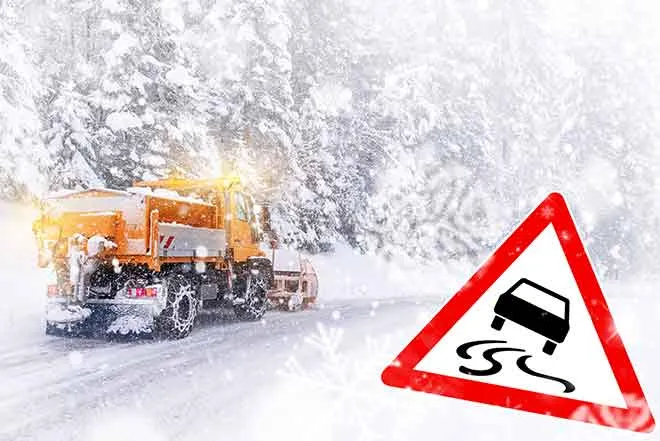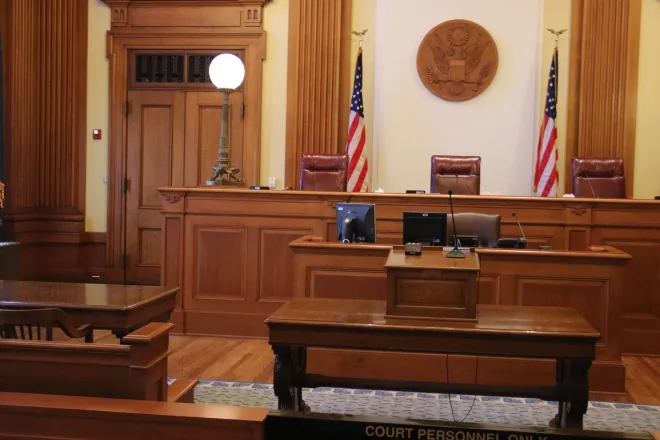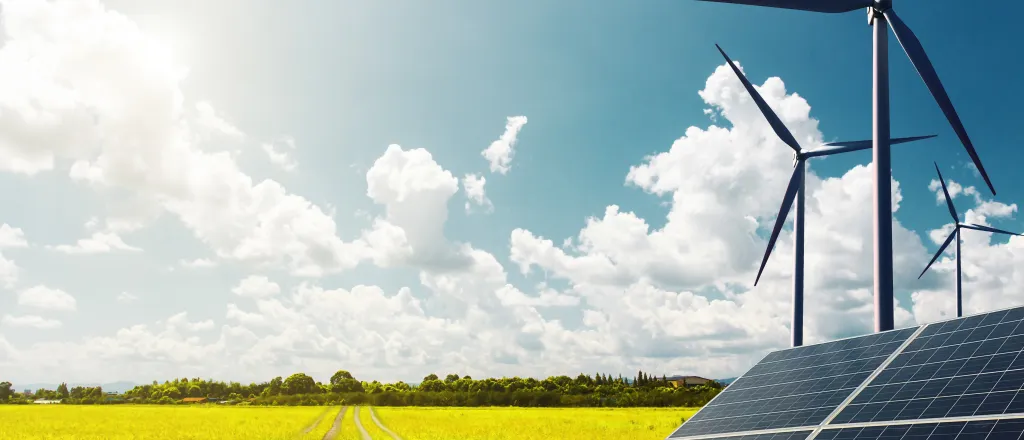
New resources available to site Colorado clean energy projects, protect wildlife
Click play to listen to this article.
(Colorado News Connection) To reach 100 percent clean energy by 2040 - a move seen as critical for averting the worst impacts of climate change - Colorado must generate five times more solar power and triple its wind capacity. To address the scale of these challenges, state lawmakers recently passed Senate Bill 24-212.
Chris Menges, climate program director with The Nature Conservancy in Colorado, said the new law will give tribal and municipal governments the resources they need to site new clean-energy projects and power lines to get that electricity to homes and businesses.
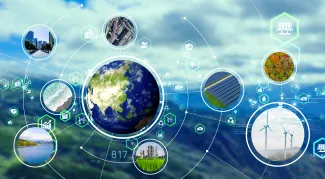
"This is a great step towards a clean-energy future in Colorado that's responsive to community needs, and conservation priorities, while we build an infrastructure that is necessary to meet the state's clean-energy goals," he said.
S.B. 24-212 aims to put Colorado communities in control of decisions that will impact local residents, including wildlife and surrounding landscapes.
More than two-thirds of Colorado voters support moving to 100 percent clean energy, and want wind and solar prioritized over oil and gas, according to the latest State of the Rockies Conservation in the West poll. More than eight in 10 voters see the loss of fish and wildlife habitat as a serious problem.
Menges said S.B. 24-212 creates pathways for community stakeholders to ensure that their priorities are addressed before new utility-scale energy projects get the green light.
"Having little or no impact on neighboring properties, being sited on marginal lands rather than the most productive farm or ranch lands, having the least impact on lower-income communities, communities of color and tribal areas," he continued.
Under the new law, the Colorado Energy Office will make regulation templates available to local authorities, rules that support both clean-energy development and wildlife resources. The legislation also offers technical support to assess projects and update land use codes.
Menges believes this voluntary support will help keep local governments and tribes in the driver's seat.
"The idea is that they help add capacity at the local level, so that local decision makers and communities just have additional resources to make decisions that work for them," Menges said.

